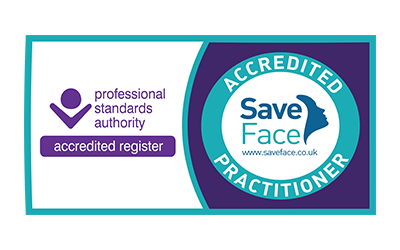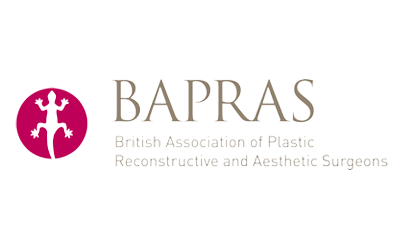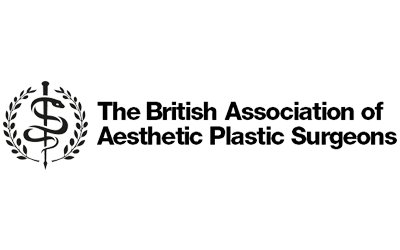A facelift – or rhytidectomy – can improve signs of ageing through the removal of excess fat and loose or sagging skin. During the procedure, the facial muscles are also lifted to achieve a more youthful appearance. There are a variety of different facelift procedures including deep plane facelifts, SMAS facelifts, mid-facelifts and facelifts for men.
The desired outcome of a facelift is a rejuvenated appearance, without significantly changing the facial features.
A facelift procedure is often performed alongside a brow lift, neck lift or blepharoplasty (eyelid surgery) for a fully refreshed face.
Following a facelift, a degree of swelling is perfectly normal, as is bruising. In the first few days after your facelift, any bruising will be dark blue, purple of even black in appearance. In the five to six days after the procedure, your bruising should have faded to yellow or even green. Any bruising should have fully healed within two weeks.
As with any post operative bruising, swelling will also be at its worst in the first few days following your procedure. Within a week, any swelling should start to considerably reduce, with the majority fully healed within six weeks. Any residual swelling will heal in the months after your facelift.
How to reduce facial swelling after a facelift surgery
There are some recommended ways to reduce post operative swelling, ensuring you’re looking your best as soon as possible after surgery:
- Follow the aftercare advice from the clinic – this will ensure you recover quickly and without complications
- Use ice packs or cold compresses to any swollen or bruised areas – this will help to reduce any discomfort, whilst helping to heal any bruising or swelling
- Drink plenty of water – this will help to flush your system through, which helps to reduce swelling and fluid retention
- Keep your head in an elevated position – sleeping or resting propped on two or three pillows will help any fluid to drain from your face, reducing swelling and discomfort. This is particularly beneficial in the first two to three days after surgery
- Consider taking natural supplements – arnica and bromelain are believed to aid the healing of any bruising and swelling after surgery
- Limit strenuous activity – avoid anything where you exert yourself – such as exercise – for at least two weeks after surgery, as this can delay the healing process, as well as worsening swelling and bruising
- Avoid smoking – cigarettes slow the healing process considerably and they can also increase the risk of complications after surgery. Do not smoke in the weeks leading up to surgery, or in the weeks after surgery
- Avoid taking blood thinning medication – certain medication which thins the blood should be avoided, as it can impair healing and cause complications. Some vitamins and natural supplements can also have a similar effect, including St John’s Wort and vitamin E. Ensure you discuss any regular medication during your consultation at the clinic
- Avoid food containing salicylates, as this substance can worsen bruising. Foods high in salicylates include:
- Olives
- Tomatoes
- Mushrooms
- Radishes
- Apricots
- Blackberries
- Blueberries
- Datas
- Melon
- Guava
- Raisins
- Green peppers
These should be avoided in the weeks following your facelift to ensure any post operative bruising heals promptly.















